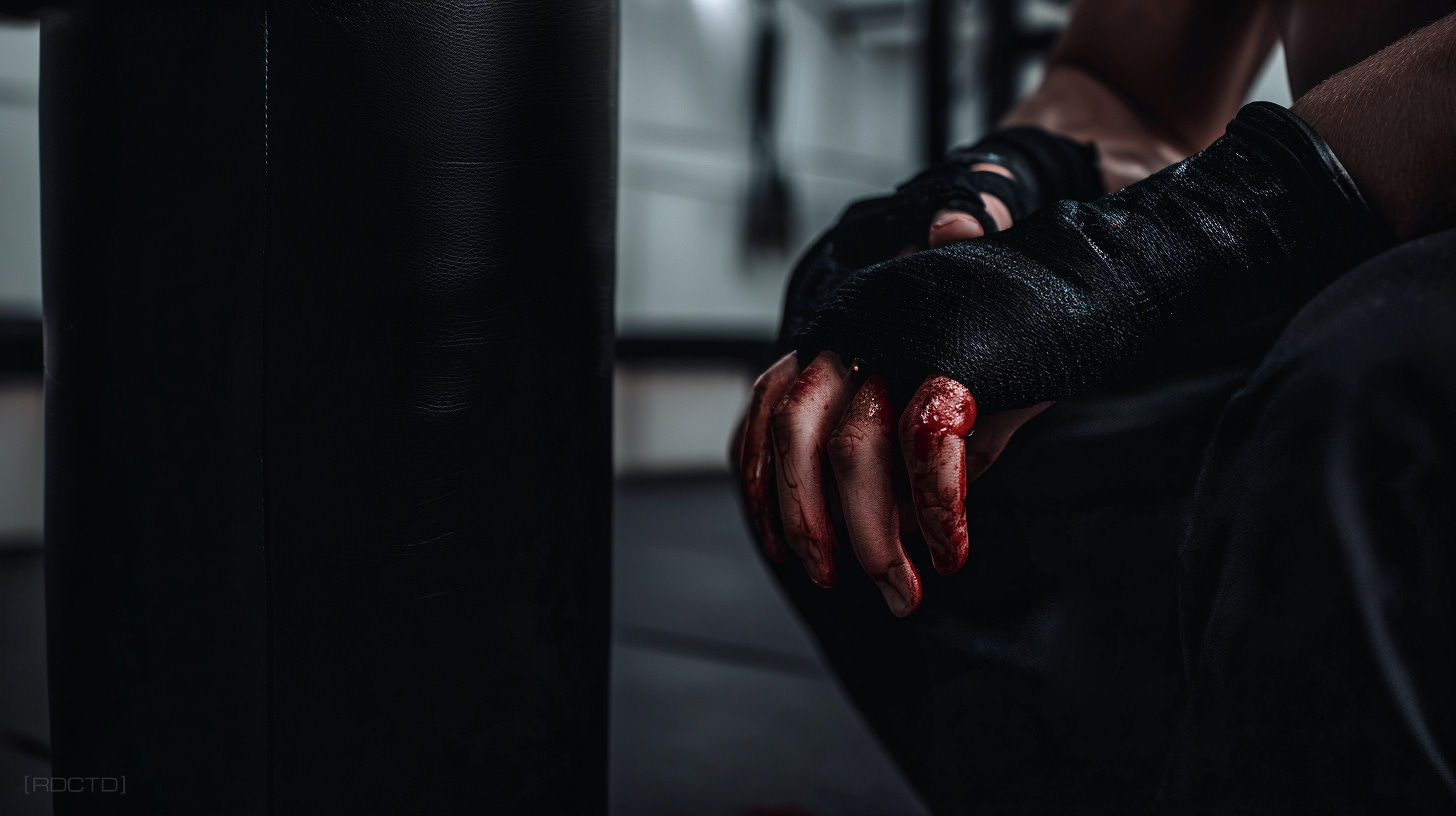Training is Where You Bleed so The Real World Doesn’t Make You
Train until you’re too tired to fail.
The creed “training is where you bleed so the real world doesn’t make you” is a hard truth every operative and anyone who values preparedness should live by.
This captures the essence of preparation in its most brutal and honest form. You pay the price in sweat, pain, and failure during training. So you don’t pay it with your life when the stakes are real.
In covert operations and in combat, there’s no room for hesitation, no margin for error. The field doesn’t forgive mistakes, it punishes them with consequences that can’t be undone. That’s why training must be unforgiving, relentless, and brutally honest. It’s the crucible where weaknesses are exposed and burned away.
Weakness dies in training or it kills you in the world.
True growth best comes when training, for a lack of a better word, sucks. When you train hard enough that it costs you - when you gas out, when your body aches, when you make mistakes under pressure - you’re investing, even though it may feel like you’re failing.
Every time you “bleed” in training, you inoculate yourself against freezing when chaos unfolds for real. It’s the same reason operatives run live-fire drills, force-on-force scenarios, and surveillance exercises under stress.
The idea is to break you in training so the world can’t break you later. The worst thing you can do is treat training like a performance. It’s a laboratory. It’s where you experiment, fail, and sharpen yourself.
Discomfort in preparation is the down payment on control in chaos.
There’s also a psychological side to this. Stress inoculation, the deliberate exposure to hardship in controlled environments - conditions the mind to see adversity as familiar. When you’ve been put through a scenario where your body screams at you to quit but you push through, you carry that imprint forward.
Later, when you’re tired, disoriented, or scared in the field, your brain recognizes the sensation and remembers you’ve already survived worse. That’s what training buys you: familiarity with discomfort, and a map out of it.
The world punishes hesitation, training erases it.
This idea carries a deeper lesson in discipline. If you cut corners in training, you’re robbing yourself of insurance. Every shortcut today becomes a liability tomorrow. Operatives understand this deeply.
The discomfort of drilling emergency reloads until your hands bleed or running route rehearsals until you can do them blindfolded or half-dead may feel like punishment, but it’s actually about creating a margin of safety in the field.
The real world doesn’t slow down to let you catch up, and you don’t get do-overs. That’s why you front-load the suffering.
The pain of training is temporary, the cost of unpreparedness is permanent.
Applied outside of covert operations, the principle is universal. You could be training for sports, preparing for a critical presentation, or rehearsing an evacuation plan for your family, the effort you pour into preparation determines how much control you retain when things get real.
If you’ve already “bled” in practice - endured setbacks, drilled contingencies, and rehearsed under stress - you’ll meet reality with steadiness instead of panic.
The hardest part of training is often convincing yourself it matters when you want to quit, but it’s in those invisible hours that you shape your resilience.
The body breaks in training so the mind won’t in combat.
This thought is a reminder to embrace hardship now, while it’s on your terms. Training is the safe battlefield where you can lose, adapt, and learn. The real world isn’t safe, and it doesn’t offer that luxury.
If you bleed in training, you won’t bleed as much or be as bad in life. And when the moment comes where everything’s on the line, you won’t be surprised - you’ll be ready.
That’s the point of tradecraft, and the essence of being an effective operative - suffer the grind now, so you can stand unshaken when the chaos comes.





Don't stop training when you get it right. Train until you can't get it wrong.
Richard M. Always said ‘better to bruise in training than bleed in battle’.